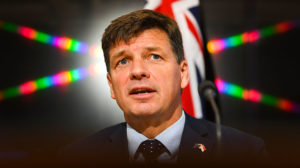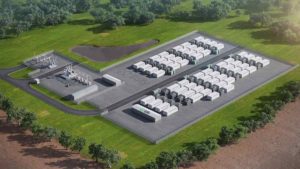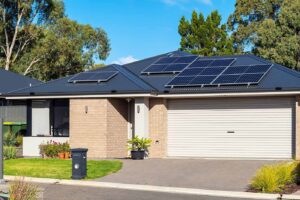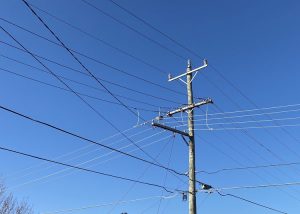In a welcome piece of good news for the Australian renewable energy industry, efforts to close the $10 billion Clean Energy Finance Corporation have been thwarted in the Senate, and the innovative green investment bank is set to continue at least until next July, when a new Senate will sit.
Labor, the Greens and independents such as Nick Xenophon and DLP Senator John Madigan combined to reject the government’s bill to dismantle the CEFC. It was able to do after splitting this and other bills (such as that to close the Climate Change Authority) from the bill designed to repeal the carbon tax.
The reprieve means that the CEFC will continue investments in new and enabling technologies and projects for at least another six months. It has around 170 projects it is looking at, but according to recent testimony given to a senate inquiry, the CEFC expects to disburse a total of around $1 billion this financial year, unlocking around a further $3 billion in private capital.
It has already allocated around $535 million, but will not reach the $2 billion allowed in its budget because of the uncertainty around its future, the impact of budget cuts to potential co-investors such as the Australian Renewable Energy Agency, the shortage of appropriate large-scale projects, and the difficulty in bringing sufficient numbers of smaller projects to market.
“We are maintaining our focus on progressing new investment proposals, and performing our statutory investment function,” CEO Oliver Yates said in a statement emailed to RenewEconomy. “We believe this best demonstrates the positive role the CEFC can play in assisting businesses and the broader economy. We are very appreciative of the support we have received from our stakeholders.”
The Greens said that renewable energy is key to a low carbon future and the CEFC will play a critical role. “The CEFC is working and needs to stay,” Greens leader Senator Christine Milne said in a statement. “If the Prime Minister’s attack on the CEFC had been successful it would have been a major blow to Australia’s burgeoning renewable energy sector.”
There is a view in some quarters in Canberra that the “politics” around the CEFC is changing. Those that hold this view say that Yates and CEFC chair Jillian Broadbent have argued their case well, and the CEFC proposition – that it can meet up to half of Australia’s targeted emission reductions by 2020, and produce a net benefit of $2.40 per tonne of CO2-e, and return a surplus to the budget – is compelling.
It is thought that the CEFC could benefit from its stay of execution, because it will allow time for the government to conduct its inquiry into Direct Action, and study exactly how that is to be structured, and meet its targets. It may dawn on policy makers that they have no choice but to retain the CEFC, and allow time for hardline rhetoric to dissipate.
This, however, assumed a logical and consistent approach to policy, to renewables in particular and industry in general. The recent controversy over government assistance to Holden is not reassuring. Business has been gobsmacked by the way the new government has conducted negotiations. Rather than waiting for the result of an inquiry that it ordered, Prime Minister Tony Abbott has pre-empted its findings by declaring there will be no further government support, and his henchman have baited Holden’s international owners General Motors to “put up or shut up”.
As has been written elsewhere, the government is acting as though it is still in Opposition, conducting industry policy and international diplomacy (see CHOGM, Indonesia, education, refugee policy and climate negotiations) by shouting loudly and in very short sentences. In effect, some of the ideological hardliners within Abbott’s inner circle – and the commentariat – are in opposition to traditional conservative policy. They hope their battle can be one by measuring decibels, rather than costs and benefits.
This hardline ideology is considered to be the greatest risk to the renewables sector – given the pressure the government is under to protect the vested interests of private and state-owned generators and network operators, and given that yet another review of the renewable energy target is also scheduled for the New Year, and a core-group of backbenchers led by Angus Taylor are seeking to ensure that the wind energy industry is brought to a halt. (Although Taylor did manage to go through his maiden speech this week without once referring to wind turbines).







